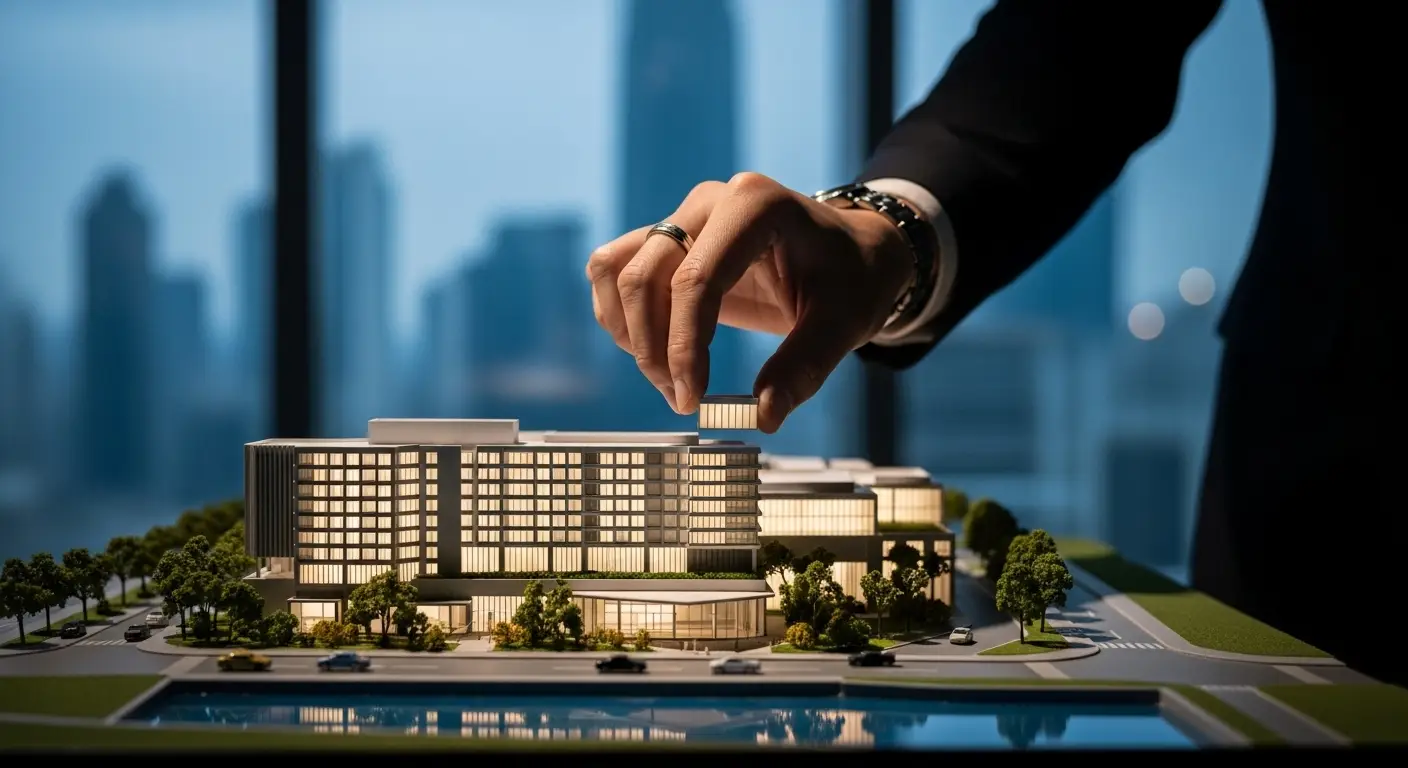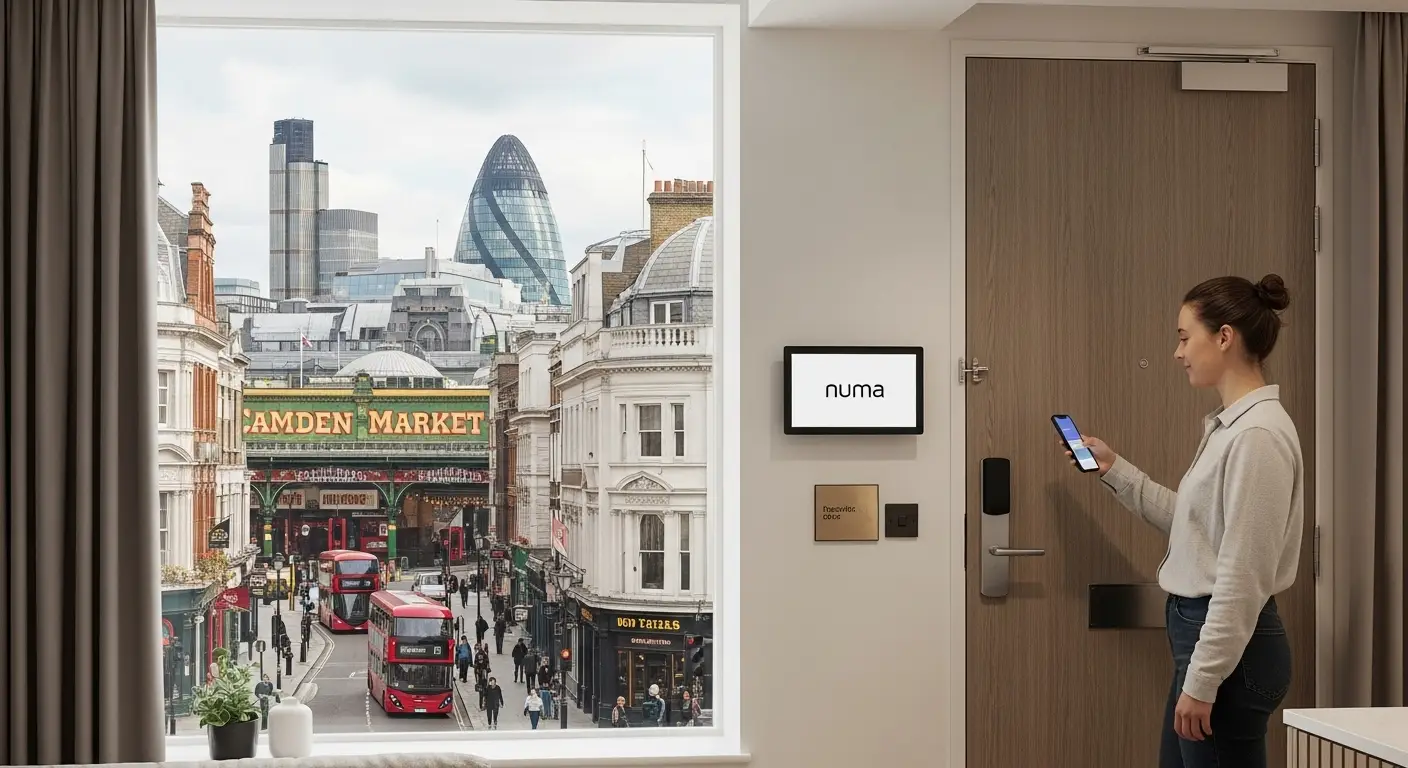In the sophisticated world of real estate development, the branded residences have gone from being a mere luxury add-on to become the secret ingredient that maximises the value of mixed-use projects. This form of Flexible Accommodation and residential development, which fuses private ownership with the services and prestige of a high-end brand, acts as a powerful value driver, generating benefits that extend to all components of the development.
The magic of the branded residences lies in the "halo effect" they project. When a renowned luxury brand, be it a hotel or not, puts its stamp on a project, it takes on an aura of exclusivity, quality and trust. This prestige not only attracts buyers with high purchasing power, but also raises the status of the entire complex, benefiting the hotel component, the retail and its constituent offices.
From a financial perspective, the inclusion of branded residences is a masterstroke. The revenues generated by the sale of these residences at a price of premium are crucial to the viability of the project. This initial capital flow can help to financing the construction of the other componentsThe brand confidence also accelerates the pace of pre-development, ensuring greater financial stability from the earliest stages. The confidence that the brand brings also accelerates the pace of pre-sales, ensuring greater financial stability from the earliest stages.
But the value is not only financial. The branded residences create a vibrant and high quality ecosystem. Residents, with their spending power and lifestyle, become natural customers for the resort's upscale shops, fine dining restaurants and other amenities, generating sustained demand. At the same time, the hotel component benefits from the association with the brand, attracting guests seeking the same level of service and exclusivity.
This symbiosis creates a destination in itself, a place to live, work, shop and socialise, all under an umbrella of luxury and impeccable service. It is a model that responds to the new demands of a more integrated and experiential urbanism. The Flexible Accommodation high-end, in its version of branded residenceis the catalyst that transforms a simple collection of buildings into a cohesive luxury destination with a value that transcends the sum of its parts.






